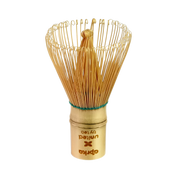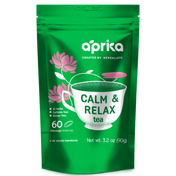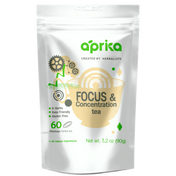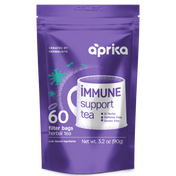In the modern quest for the perfect morning ritual, two beverages stand out for their unique benefits and fervent followings: matcha and coffee. This exploration goes beyond taste preferences, diving into the scientific, nutritional, and cultural aspects that make each drink a contender for the morning cup of choice. Drawing insights from research and the comprehensive video analysis, we'll unravel the mysteries of matcha and coffee, offering a detailed comparison that might just sway your morning routine.

Matcha vs Coffee: The Energy Battle
Both matcha and coffee are celebrated for their ability to banish morning grogginess, but they go about it in remarkably different ways. Coffee delivers a high-octane jolt of caffeine that kickstarts your day but often at the cost of an afternoon slump. Matcha, on the other hand, provides a moderated caffeine lift, thanks to the presence of L-Theanine. This amino acid is the key to matcha's magic, offering a sustained release of energy without the jittery peaks and troughs associated with coffee.
Pros and Cons for Each
Coffee:
- Pros: Quick energy boost, enhances alertness, rich in antioxidants.
- Cons: Can lead to energy crashes, may cause jitters or anxiety, and has diuretic effects.
Matcha:
- Pros: Sustained energy release, promotes mental clarity, rich in antioxidants and detoxifying properties.
- Cons: Less caffeine per serving (which could be a pro for some), requires a bit more preparation.

Nutritional Face-Off: Coffee vs Matcha
When it comes to nutritional content, matcha and coffee offer different benefits. Matcha is a powerhouse of antioxidants, particularly catechins like EGCG, which are linked to numerous health benefits such as reduced inflammation and enhanced heart health. Coffee, while also an antioxidant source, cannot compete with matcha's concentration levels.
|
Nutrient |
Matcha |
Coffee |
|
Caffeine |
70-80 mg |
95-200 mg |
|
Antioxidants |
High (EGCG) |
Moderate |
|
L-Theanine |
Yes |
No |
|
Chlorophyll |
Yes |
No |
|
Vitamins |
Rich in Vitamins A, C, E |
Some B vitamins |
|
Minerals |
Potassium, Iron, Calcium |
Magnesium, Potassium |
Matcha stands out with its unique nutrient profile, offering health benefits beyond just a caffeine boost. Its high antioxidant content, particularly EGCG, has been linked to numerous health benefits, including reduced inflammation and improved heart health.
Health Impacts: Beyond the Morning Boost
Matcha's antioxidant levels surpass almost any other food, making it a superfood in its own right. These antioxidants, combined with the calming effects of L-theanine, enhance mental focus and concentration without the negative side effects associated with coffee's caffeine.
Detoxifying Effects and Weight Loss
Matcha's high chlorophyll content supports the body's detoxification process, unlike coffee, which can be a diuretic and potentially dehydrating. When it comes to weight loss, matcha boosts metabolism and increases fat oxidation, thanks to its unique combination of caffeine, EGCG, and other phytonutrients.
Versatility and Preparation
Matcha's fine powder form allows for versatile use in lattes, smoothies, and even desserts, without the need for brewing. Coffee, while adaptable, requires brewing and is less versatile in non-beverage forms.
In the showdown between coffee and matcha, matcha emerges as a compelling alternative, offering a unique blend of health benefits, sustained energy, and a rich cultural heritage. Whether you're seeking improved focus, a healthier lifestyle, or simply a delicious way to start your day, matcha presents a holistic choice that coffee struggles to match. Embracing matcha could be the key to unlocking a more balanced, energized, and nourishing daily routine.
FAQs
Is matcha really healthier than coffee?
Yes, matcha offers a unique combination of caffeine, L-theanine, antioxidants, and other nutrients that provide sustained energy and health benefits without the negative side effects of coffee.
Can matcha help with weight loss?
Yes, matcha can boost metabolism and increase fat oxidation, making it a helpful addition to a balanced diet and active lifestyle.
Can matcha really improve focus and reduce stress?
Yes, thanks to the L-Theanine in matcha, it can improve focus and reduce stress levels, providing a calm alertness unlike the sometimes jittery energy provided by coffee.
Does matcha have less caffeine than coffee?
Yes, matcha contains less caffeine than coffee but offers a more sustained energy boost due to the presence of L-theanine.
Is matcha hard to prepare?
No, matcha is easy to prepare. You can simply mix the powder into hot water or incorporate it into various recipes for a healthful boost.









1 comment
Nice! Thanks